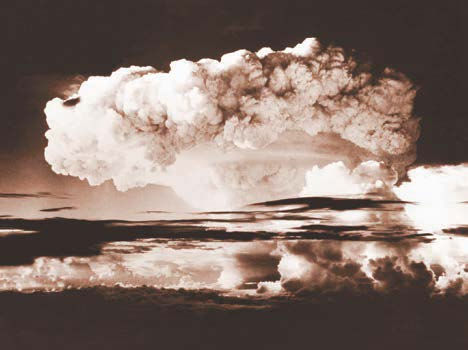Theodosius Makes Christianity the Official Religion of the Roman Empire: November 8, 391
- Catholic Textbook Project

- Nov 6, 2023
- 1 min read
This text comes from our book, Light to the Nations, Part I.
After the death of Valens, the Emperor Gratian realized he needed an able assistant. His choice was the young Spaniard, Theodosius. Theodosius was born in 346 near Toledo in the Roman province of Hispania. He was the son of Valentinian I’s leading general. Theodosius’ reputation for organization and bravery came to the attention of Gratian, who called him back from Hispania and in 379 made him co-Augustus of the East. Soon thereafter Gratian died in battle, and Theodosius inherited the real power in both East and West. With the aid of co-emperors and Caesars, Theodosius ruled a united empire and earned respect both as a formidable opponent in war and as an efficient administrator.

Theodosius took up residence at Milan in northern Italy, where he could be close to the dangerous frontiers of Gaul and the Balkans. The imperial government moved with Theodosius, and thus Milan became the unofficial capital of the empire.
Theodosius decided that Christianity would be the official religion of the empire. On November 8, 391, Theodosius removed government support from the pagan religions while continuing to support Christian churches and clergy. This made Christianity the only religion supported by the empire and its official religion.
Revolts in Antioch and Gaul occupied Theodosius in the last year of his life, and the great emperor died in January 395. His two young sons, Arcadius and Honorius, inherited the empire, again splitting it into eastern and western halves.


